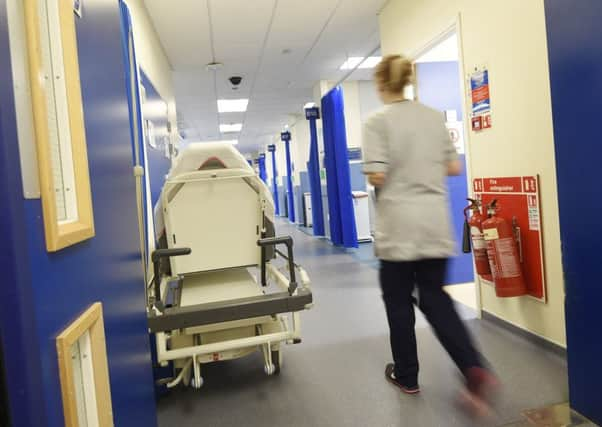Leader comment: Treating symptoms won't solve A&E problem


That will be of little consolation to those who found themselves at the accident and emergency unit of one of Scotland’s biggest hospitals last week, and spent up to 17 hours waiting for a bed.
A leaked memo describes the hospital as having been “in extremis” and said that the cancellation of major surgery was a “serious risk”. Attempts were made to get other hospitals to help ease the pressure.
Advertisement
Hide AdAdvertisement
Hide AdIt should be said that the number of attendees at A&E on the day in question was high. However, that does not excuse the length of the delays experienced, which no-one should have to endure. But what we should avoid is rushing to the conclusion that our under-resourced hospitals are at breaking point, or that A&E departments should be held to account because they are missing their targets.
While it is clear from the situation which occurred at the Edinburgh Royal Infirmary last week that the problem is a lack of beds, it is not a matter of overall capacity, but rather the ability to clear those beds for the next patient. Bed-blocking, in other words.
The ability to discharge patients efficiently into either their own homes, with support, or into a care facility, continues to debilitate hospital services. There is a continued failure of co-ordination which means that patients are spending far longer in hospital than is appropriate for any party, with hospitals often left frustrated by the length of time it takes a local authority to put a care package in place.
That does not mean that the NHS can be absolved of responsibility for bed-blocking, because it is also a key stakeholder, alongside local authorities, in the provision of care services.
The details of situations such as last week’s crisis in Edinburgh may be new to us, but the source of the problem which caused the blockage is an issue we have known about for long enough.
The Scottish Government says it will be looking closely again at A&E performance, and whether targets are being met. It should turn attention instead to the cause of its problem, instead of just analysing the symptoms.